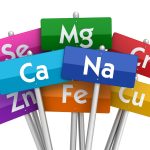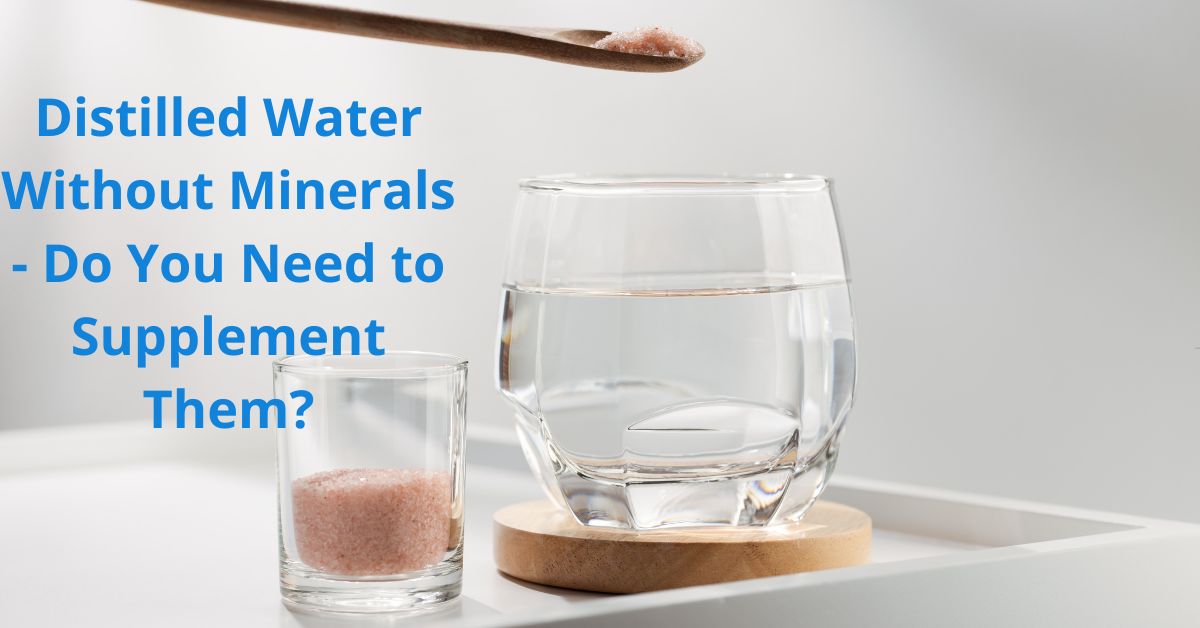Here in Australia, we are getting out drinking water from various sources, including rain water and tap water. While most provide natural minerals, the distillation process removes nearly all mineral content, producing very pure H20. This begs the question: is it necessary to add minerals back to enhance distilled drinking water?
How does the Water Distillation Process Remove Minerals?
Distillers, like the Megahome Water Distiller, work by heating water into steam, which then condenses into purified distilled water. Fluoride, heavy metals, and many other contaminants, along with the beneficial trace minerals, cannot evaporate and are left behind in the boiling chamber. Water that is filtered through reverse osmosis water filters are of similar quality. It also lacks minerals due to the tight membrane the water gets pushed through filtering out all contaminants including the beneficial trace minerals.
Potential Disadvantages of Mineral-Deficient Water
We are absorbing most of our required minerals from food, however, there may be some potential downsides of consistently drinking distilled or demineralised water for people who follow an imbalanced diet, including:
- Imbalanced electrolyte levels
- Possible nutrient absorption issues
Should You Add Minerals to Distilled Water?

Some experts recommend moderately supplementing distilled water by adding Himalayan sea salt or mineral drops. Another option altogether would be to use of a fluoride filter, countertop water filter, gravity water filter, or best undersink water filter Australia. These filters remove contaminants to a very high degree without removing the minerals. Targeting optimal mineral levels takes experimentation and time.




